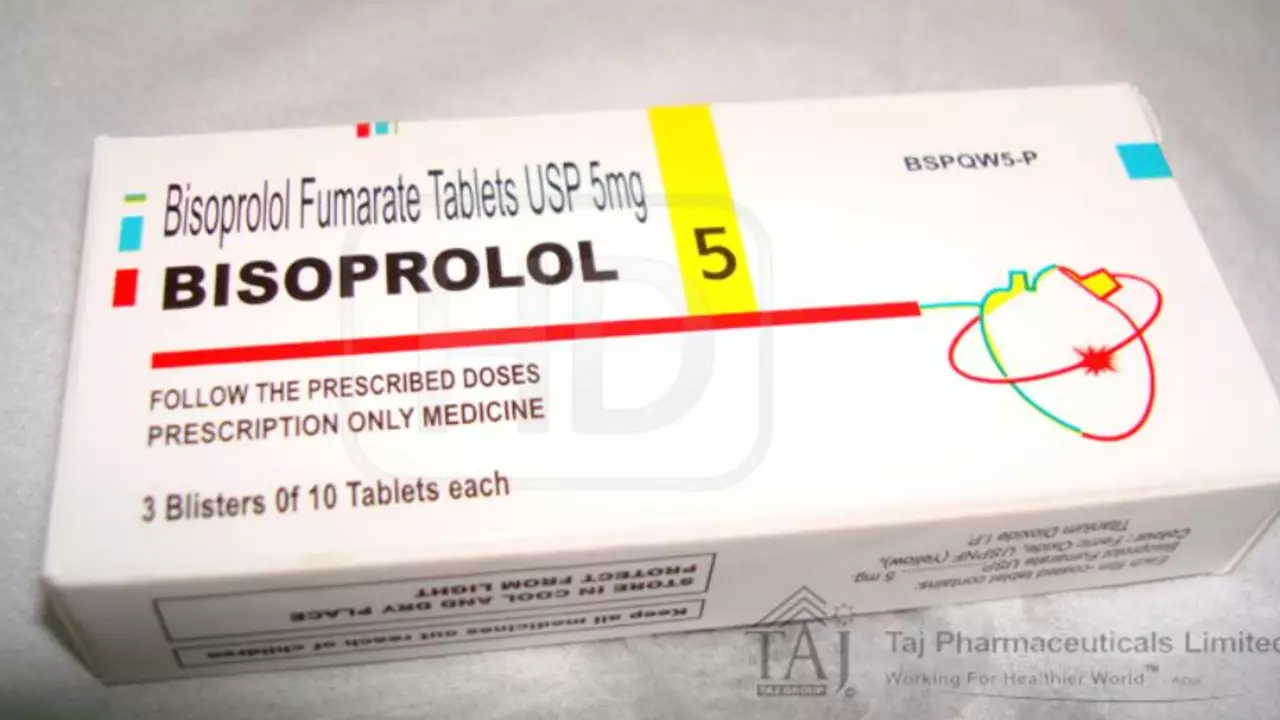Heart medication: what you need to know right now
Did you know many people mix up heart meds or stop them too soon? One missed dose or an interaction can change how you feel fast. This page explains the main types of heart medication, what they do, common side effects, and clear, practical tips to keep you safer every day.
Common types and what they do
Here are the medicines you’ll hear about most and why doctors use them:
- ACE inhibitors / ARBs (lisinopril, losartan): lower blood pressure and protect kidneys. Watch for cough with ACE inhibitors and check potassium and kidney tests.
- Beta-blockers (metoprolol, atenolol): slow heart rate and lower blood pressure. They help after heart attacks and for heart rhythm problems. Don’t stop them suddenly.
- Diuretics (furosemide, hydrochlorothiazide, spironolactone): remove excess fluid to ease breathing and lower blood pressure. They change electrolytes — potassium matters.
- Statins (atorvastatin, simvastatin): lower cholesterol and cut heart attack risk. Muscle pain and rare liver changes mean you need occasional blood tests.
- Antiplatelets and anticoagulants (aspirin, clopidogrel, warfarin, apixaban): prevent clots. If you’re on warfarin you’ll need INR checks; newer pills often need less monitoring but still raise bleeding risk.
- Nitrates (nitroglycerin): quick relief for chest pain. Keep a fast-acting spray or tablet handy and know when to call emergency services if pain doesn’t ease.
Simple rules to take meds safely
Follow these straightforward habits and you’ll avoid common problems:
- Take meds at the same time every day. Use alarms or a pillbox.
- Keep a current list of medications, doses and why you take them. Share it with every healthcare provider and the pharmacist.
- Ask about interactions: grapefruit affects some statins and calcium-channel blockers; NSAIDs can raise blood pressure and blunt some heart drugs.
- Know the warning signs: sudden shortness of breath, fainting, chest pain that doesn’t improve, severe dizziness, or unusual bleeding while on blood thinners. Get help fast.
- Don’t stop meds without talking to your doctor. If side effects bother you, there are usually safer alternatives or dose changes that work.
- Keep follow-up tests on schedule: blood pressure checks, kidney and liver blood tests, and INR if you’re on warfarin. These tests catch problems early.
If you want, use Medstore-365.com as a quick reference for plain guides and trusted tips about specific drugs. Bring any questions from here to your next appointment — armed with a list, you’ll get clearer answers.
Need more detail on a particular drug? Click through the articles tagged “heart medication” for clear reviews, buying tips, and safety checklists written for real life.
